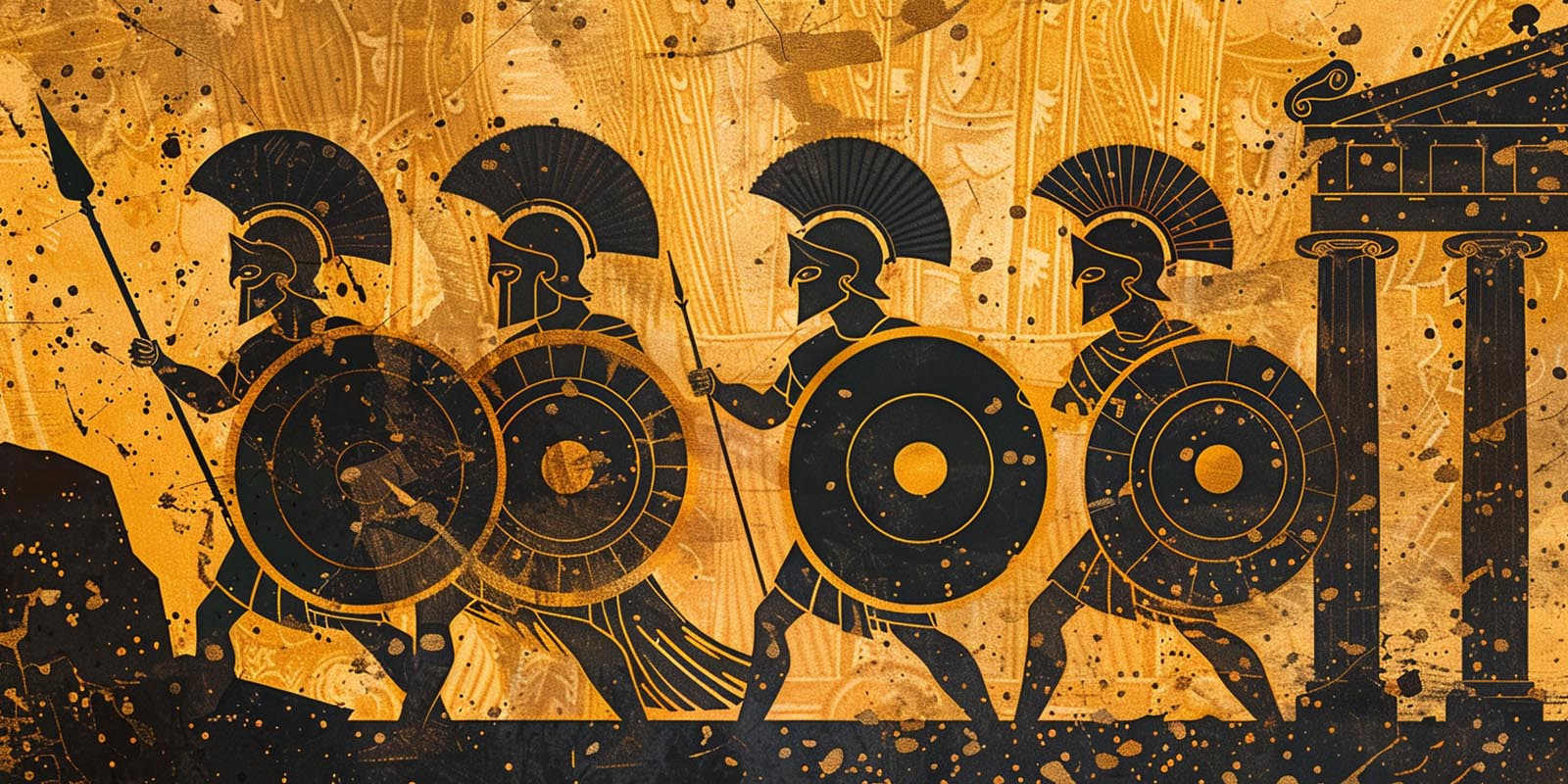

Ancient Greece is renowned for its profound contributions to the field of historiography, laying the groundwork for the systematic study and recording of historical events.
Greek historians not only chronicled significant occurrences but also pioneered methods of historical inquiry that are still in use today. Their works provide us with detailed insights into ancient societies, politics, wars, and cultures, forming a crucial part of our understanding of the past.
Historians in Ancient Greece played a vital role in documenting the events of their time and earlier periods. They traveled extensively, conducted interviews, and scrutinized various sources of information to compile their narratives. This dedication to gathering and analyzing data marked
the beginnings of critical historical methodology, distinguishing historical writing from mere storytelling or myth-making.
Greek historians emphasized the importance of inquiry, evidence, and logical analysis. They sought to explain not just what happened, but why events unfolded as they did, examining causes and consequences with a critical eye. This approach involved evaluating multiple sources of information, including oral testimonies, eyewitness accounts, and existing records, to create comprehensive and reliable historical accounts.
The legacy of ancient Greek historians extends far beyond their own era. Their works have served as foundational texts for later historians and scholars, influencing the development of historiography throughout the centuries. The emphasis on research, critical evaluation, and narrative coherence set high standards for historical writing, which have been emulated and built upon in subsequent generations.
Often referred to as the "Father of History," Herodotus was born in Halicarnassus, part of the Persian Empire at the time. His seminal work, "Histories," is a comprehensive account of the Greco-Persian Wars and is considered one of the foundational texts in historiography.
More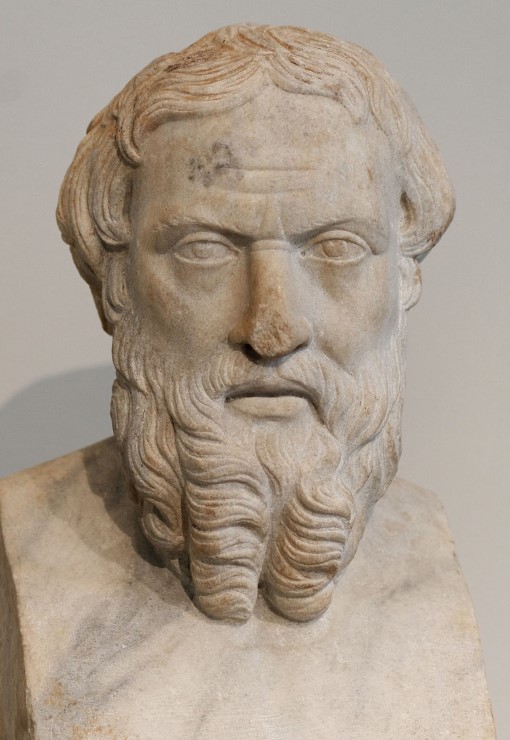
Thucydides, an Athenian historian, is renowned for his critical and analytical approach to history. His major work, "History of the Peloponnesian War," meticulously documents the conflict between Athens and Sparta.
More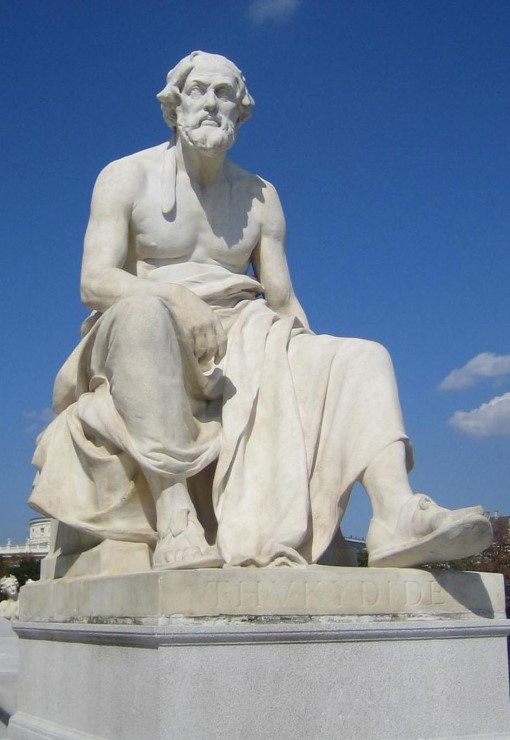
A student of Socrates, Xenophon was a historian, philosopher, and soldier. His works include "Anabasis," which recounts his experiences leading Greek mercenaries in Persia, and "Hellenica," which continues the history of Greece where Thucydides left off.
More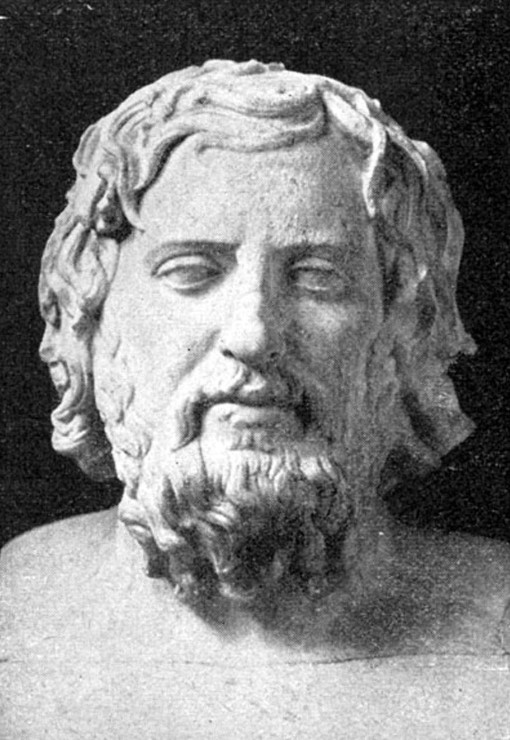
Polybius, born in Megalopolis, is best known for his work "The Histories," which covers the period of 264–146 BCE, detailing the rise of the Roman Republic. Taken to Rome as a hostage, Polybius formed close relationships with Roman leaders, gaining firsthand knowledge of Roman military and political systems.
More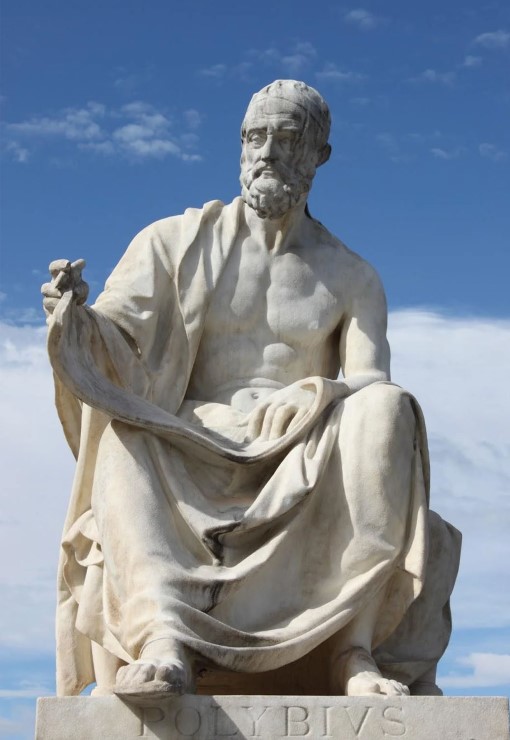
Ancient Greek art and architecture, with its harmonious proportions and timeless elegance, continue to inspire awe and admiration millennia later.
Discover
Greek mythology, a rich tapestry of gods, heroes, and mythical creatures, captivates the imagination with its tales of love, betrayal, and epic adventures that delve into the depths of the human psyche.
Discover
Ancient Greek history, marked by remarkable achievements in democracy, philosophy, and warfare, shaped the foundation of Western civilization, leaving an indelible legacy of innovation and cultural influence that continues to resonate to this day.
Discover
The ancient Greek Olympics, held in Olympia every four years, celebrated athleticism, unity, and cultural pride, serving as a testament to the enduring spirit of competition and excellence that transcends time and borders.
Discover
Ancient Greek wars, such as the Persian Wars and the Peloponnesian War, were pivotal conflicts that shaped the course of history, highlighting the struggle for power, independence, and the clash of civilizations in the ancient Mediterranean world.
Discover
Ancient Greek culture and society, characterized by its emphasis on art, philosophy, and civic engagement, fostered a vibrant intellectual and social landscape where innovation flourished, democracy thrived, and the pursuit of knowledge and excellence was celebrated as fundamental values of civilized life.
Discover
Find out more about ancientgreece.com